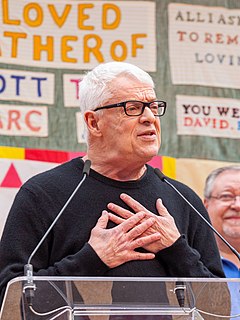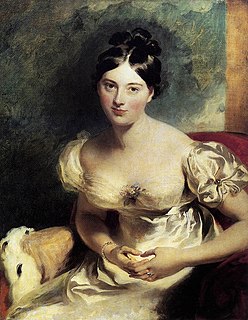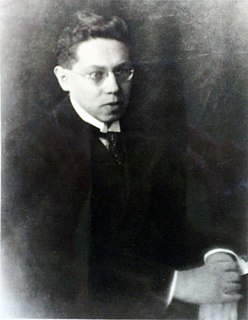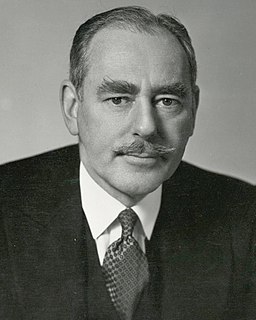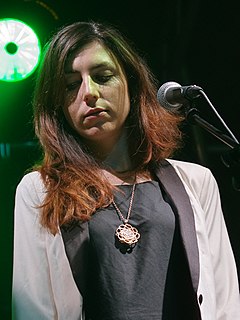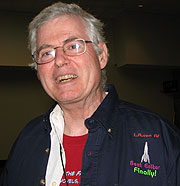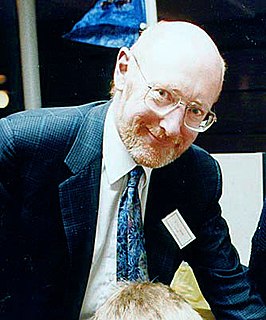Top 1200 Literary Works Quotes & Sayings
Explore popular Literary Works quotes.
Last updated on December 19, 2024.
The Booker thing was a catalyst for me in a bizarre way. It’s perceived as an accolade to be published as a ‘literary’ writer, but, actually, it’s pompous and it’s fake. Literary fiction is often nothing more than a genre in itself. I’d always read omnivorously and often thought much literary fiction is read by young men and women in their 20s, as substitutes for experience.
Every year the literary press praises dozens if not hundreds of novels to the skies, asserting explicitly or implicitly that these books will probably not be suffering water damage in the basements of their authors' houses 20 years from now. But historically, anyway, that's not the way the novelistic ecology works.
First one gets works of art, then criticism of them, then criticism of the criticism, and, finally, a book on The Literary Situation , a book which tells you all about writers, critics, publishing, paperbacked books, the tendencies of the (literary) time, what sells and how much, what writers wear and drink and want, what their wives wear and drink and want, and so on.
The best programs are written so that computing machines can perform them quickly and so that human beings can understand them clearly. A programmer is ideally an essayist who works with traditional aesthetic and literary forms as well as mathematical concepts, to communicate the way that an algorithm works and to convince a reader that the results will be correct.
The world that seemed so various and new, well, it does contract. One's burning desire to investigate human behavior, and to make, or imply, statements about it, does fall off. And so one does find that early works are full of energy and also full of vulgarity, crudity, and incompetence, and later works are more carefully finished, and in that sense better literary products. But . . . there's often a freshness that is missing in later works--for every gain there's a loss. I think it evens out in that way.
It remains a mystery to me why some of that [pulp] fiction should be judged inferior to the rafts and rafts of bad social [literary] fiction which continues to be treated by literary editors as if it were somehow superior, or at least worthier of our attention. The careerist literary imperialism of the Bloomsbury years did a lot to produce fiction's present unseemly polarities.
The Gospels were not thought of as works of literature. People were not concerned with the literary reputation of Matthew or Mark, but with the substance of their records of our Lord's life. They did not have to respect their actual words, as they would if they were transcribing the works of Thucydides or Plato.
In my profession more generally, it's not an exaggeration to say that masculinity is viewed as the root of all evil. If you were to take a literary theory course, you might think it would be about literature, but it's really not. It's about all the various forms of oppression on earth and how we can see them playing out in literary works. And behind all these forms of oppression is a guy.
I'm a pluralist about perspectives on literature. There seem to me to be all sorts of illuminating ways of responding to major literary works, some of them paying considerable attention to context, others applying various theoretical ideas, yet others focusing on details of language, or linking the work to the author's life, or connecting it with other works.
The provincial intellectual is doomed to arguing at low level... there is still no Australian literary world, not in Sydney, Melbourne, Adelaide. It is some consolation to realise that there is no literary world in Birmingham or Los Angeles either. I have heard there is one in Montreal, but I don't believe it. The literary world is in London and New York, the only cities big enough to sustain magazines which can afford to reject copy.
I use biography, I use literary connections (as with Platen - this seems to me extremely helpful for appreciating the nuances of Mann's and Aschenbach's sexuality), I use philosophical sources (but not in the way many Mann critics do, where the philosophical theses and concepts seem to be counters to be pushed around rather than ideas to be probed), and I use juxtapositions with other literary works (including Mann's other fiction) and with works of music.











